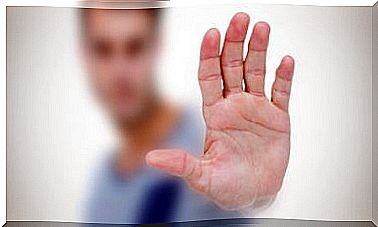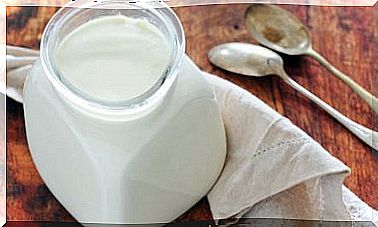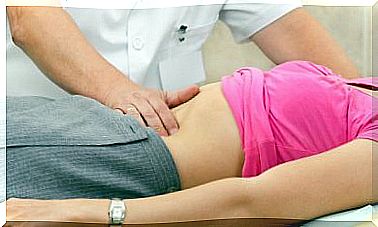Do You Have Recurring Pain In Your Hip? Find Out What Its Possible Cause May Be
Hip pain has become one of the most common reasons for medical consultation, especially from the age of 60. It is an intense pain in the joints around the hip, which is almost always accompanied by a feeling of heaviness that can make movement difficult.
Symptoms sometimes extend to the belly and back, and may cause an inability to do some tasks. Inflammatory diseases, trauma and joint deterioration are the main factors associated with its appearance.
However, taking into account that its triggers are often unknown, below we want to share the most common ones, according to the scientific evidence provided by the US National Library of Medicine.
Factors that can cause hip pain
The hip joint is not indestructible. With age and use, cartilage can wear out or become damaged. The muscles and tendons in the hip can become overstressed, and the hip bones can break during a fall or other injury. Any of these conditions can cause hip pain.
Bad posture

Poor posture, both when walking and while resting, is one of the most common causes of mild and severe pain in the hip.
Pain is the result of staying for a long time in the same position, as this directly affects the muscles and joints. It can also be related to the shape of some types of seats, the prolonged use of heels more than 4-5 centimeters high or the practice of certain physically demanding activities.
To remedy it, in addition to improving postural hygiene, it is essential to follow the guidelines of the doctor and physiotherapist.
Hip bursitis
Bursitis is an inflammatory disease characterized by the swelling of the small sacs that contain the fluid that cushions the bones, muscles, and tendons.
Bursae are small sacs located near large joints, such as the knee, shoulders, and hips. Since they are exposed to trauma, it is common that they have to do with recurring pain in the hip.
Osteoarthritis
Osteoarthritis is a condition characterized by inflammation of the bones and joints, the product of a gradual deterioration of the cartilage that protects them from friction.
This disease can develop in any joint, and often affects the hands, knees, and hips. Its symptoms manifest progressively and, although they can be controlled with some medications, there is no definitive cure.
When it occurs in the hip, it is located in the anterior joints and the groin. It causes inflammation and pain that can vary in intensity.

Hip fracture
Hip fracture is a medical emergency that must be treated immediately, since its complications can permanently affect mobility and, in extreme cases, be life-threatening.
Your risk increases with age, as the bone system decreases in density due to the body’s difficulties in absorbing nutrients. However, it can occur at an early age, either due to the development of a chronic disease or some type of trauma.
Tendinitis
Tendinitis is caused by inflammation of the tendons that attach the muscles to the bones. It occurs in any of the tendons of the body, but is most common in the elbows, knees, and hips.
Those most affected are athletes and people whose work requires physical demands; however, it may respond to trauma or illness.
When it occurs in the hip area it is known as tendonitis of the iliac muscle and, sometimes, together with the pain, there is an uncomfortable clicking sound with some movements.
Sciatica

Sciatica is caused by irritation or inflammation of the sciatic nerve. This is the largest nerve in the human body and, when injured, causes pain from the lower back to the hips as well as the back of the leg.
It is not considered a disease as such, as it usually originates as a symptom of underlying medical conditions, such as herniated disc, spinal stenosis, and degenerative disc disease.
Along with the pain in the hip is an uncomfortable tingling sensation in the lower extremities. However, rest, pain relievers, and some stretching exercises can speed your recovery.
Recommendations for treating hip pain
As we have seen, the origin of hip pain can vary greatly and is not always a serious problem. However, that is not to say that it should be downplayed or that it is not a good idea to see your doctor. On the contrary, it is very important to seek medical attention, especially when it occurs on a recurring basis and makes it difficult to carry out daily activities or even fall asleep at night.
The Arthritis Foundation recommends going to the doctor if the hip pain does not subside with ice, during a night’s rest, or if it persists for several days even with rest and gentle exercise. Likewise, he points out that it is not advisable to self-medicate, as this could complicate the situation and prevent the doctor from making an accurate diagnosis early.









